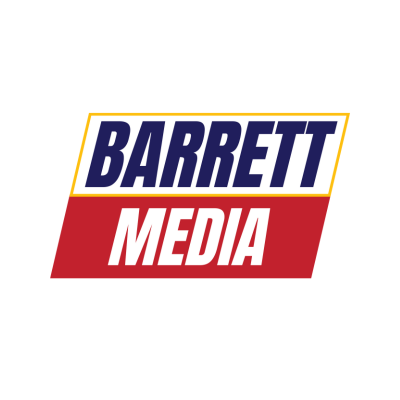In a recent 3-2 vote, the FCC voted to reinstate a requirement that broadcasters collect data about the race, ethnicity, and gender of their employees. That decision was not a popular one with syndicated host Dana Loesch.
The FCC vote was split along party lines, with the commission ultimately calling the collection of data “critical” to “understand the broadcast industry workforce.”
On Friday, Dana Loesch argued that the commission was motivated to reinstitute the requirements as a way to limit speech among broadcasters.
“Of course it’s always been that, on the pretext of we’re going to make sure that there’s like fairness with all demos,” Loesch said. “That’s just so dumb. And everybody listens differently. And different groups of people and you can even just say old and young even listen differently.
“I’m telling you what this is like Fairness Doctrine plus DEI. Just when you thought it couldn’t get more annoying, ta-da, it did. It got more annoying. It’s gonna get bad. I think it’s gonna get bad and I think depending on what happens in November, it’s gonna get a lot worse.”
Loesch then said it has long been the FCC’s goal to silence and limit the reach of conservative opinions in media.
“They’ve been trying for so long to contain the success of — I don’t want to say just Republican because there are a lot of conservatives that cringe over Republican, and I’m kind of one of them — right-leaning individuals. There’s been this huge effort over the past several decades to curtail their voices online, because in the early days of radio, when radio commentary really took off, those were the people who dominated,” said Loesch.
“The left could not get off the ground. And I do suspect that one of the reasons why they could never get it off the ground is because they were so over-represented elsewhere. If people wanted to go and hear this commentary, they could turn on any network channel. They could read any newspaper, they could go see or read about anybody in Hollywood, so their leftist thought is so oversaturated it’s everywhere. But it’s not like that for people who are more conservative constitutionally minded, those expressions of thought, actually, you have to work a little bit more to get them in full.”









